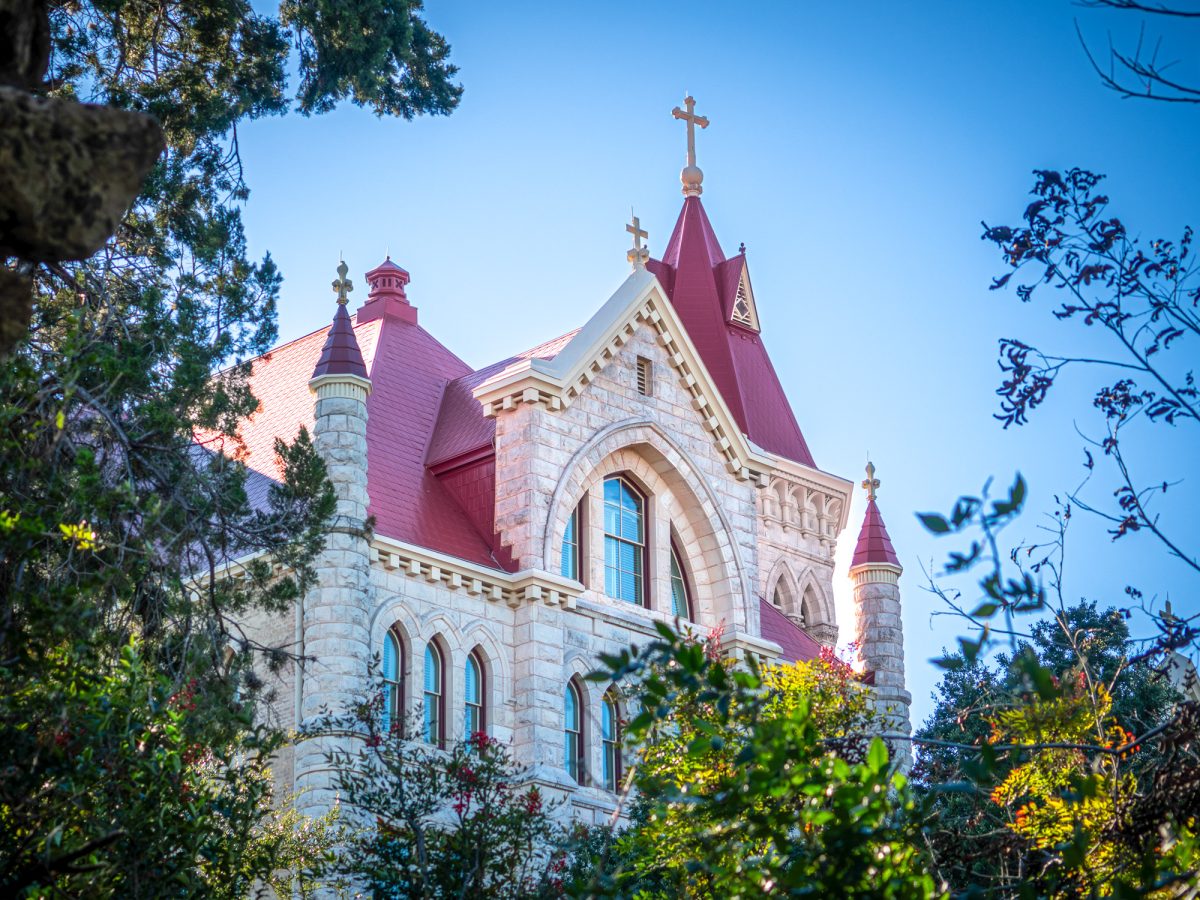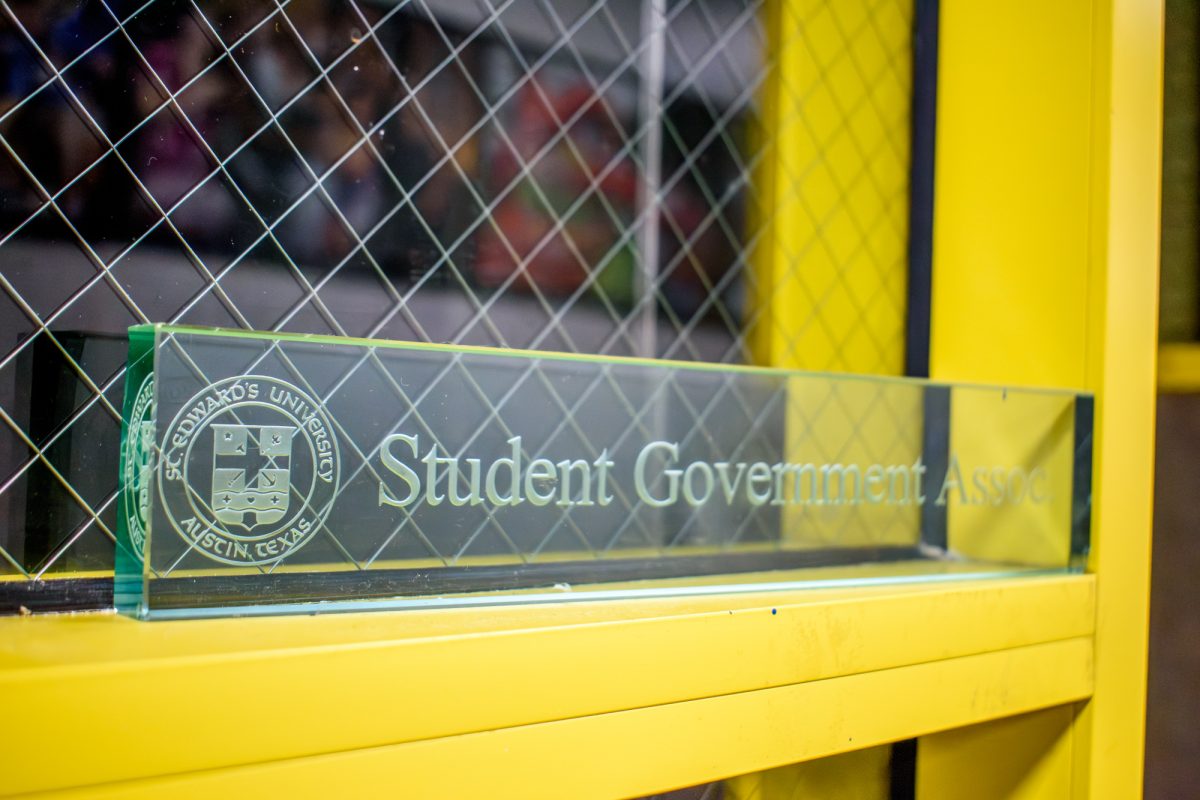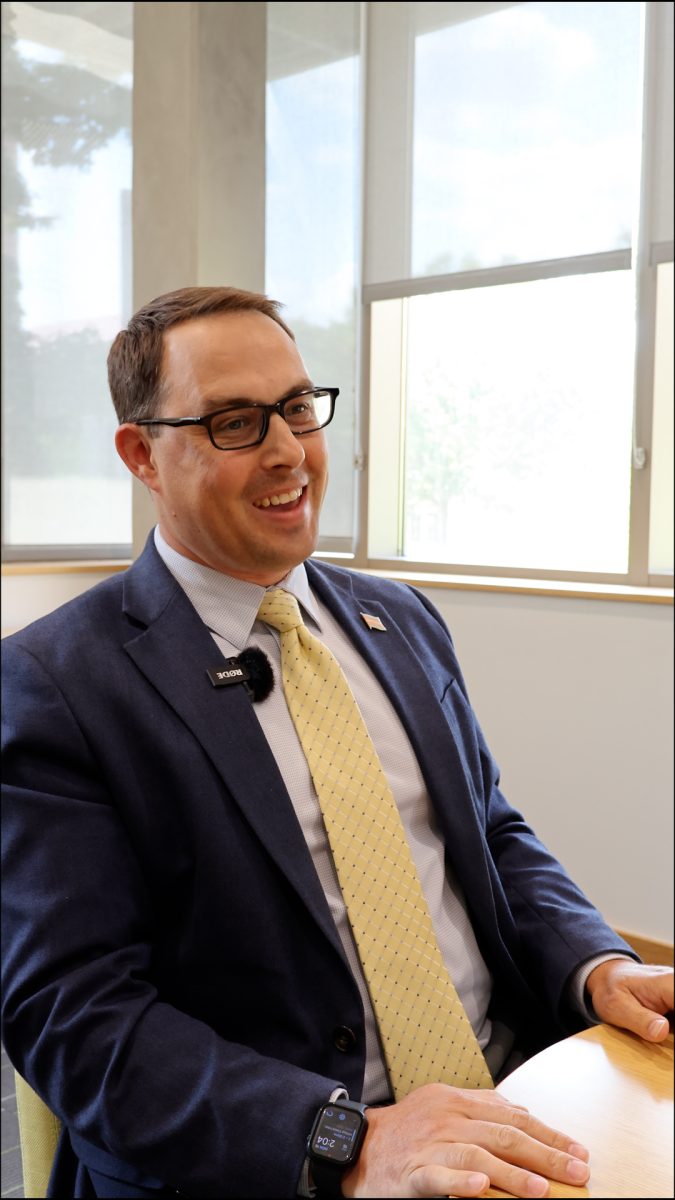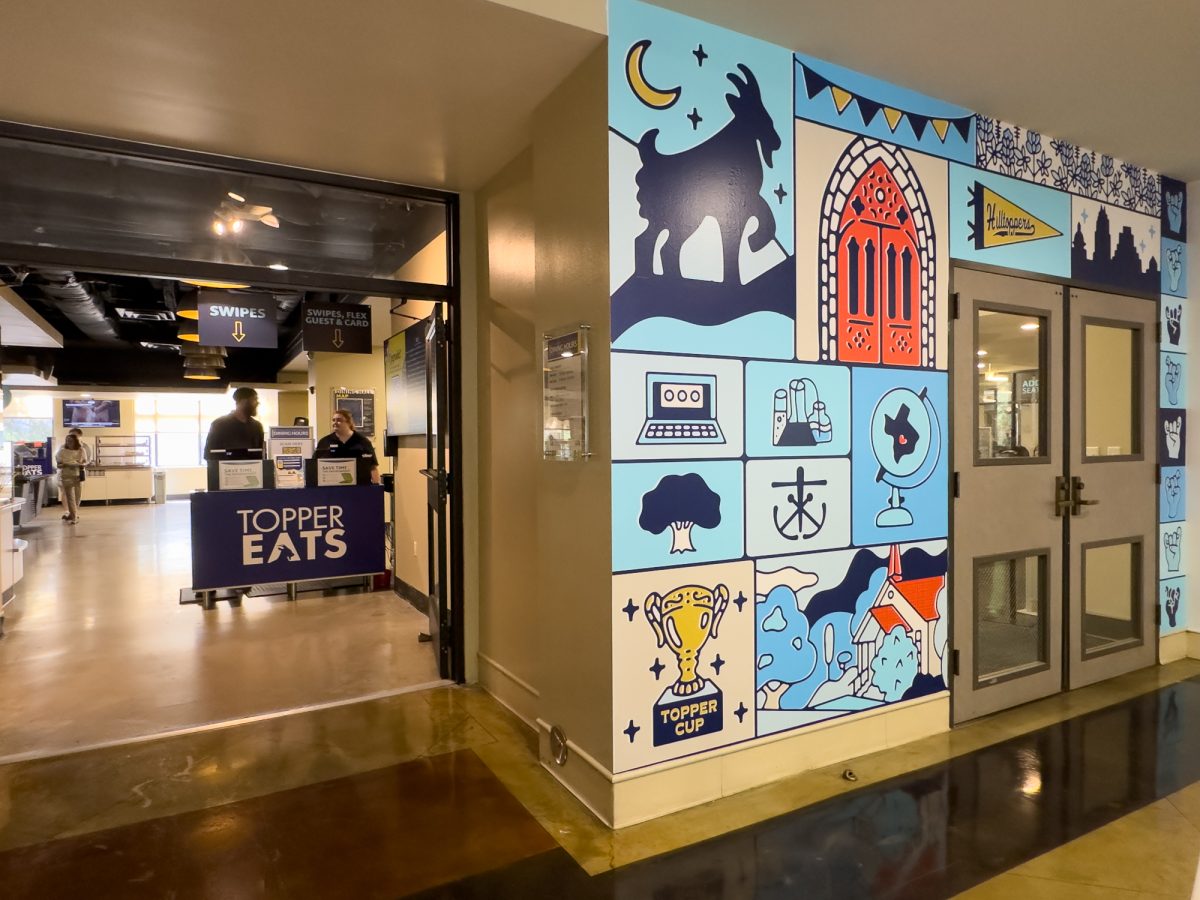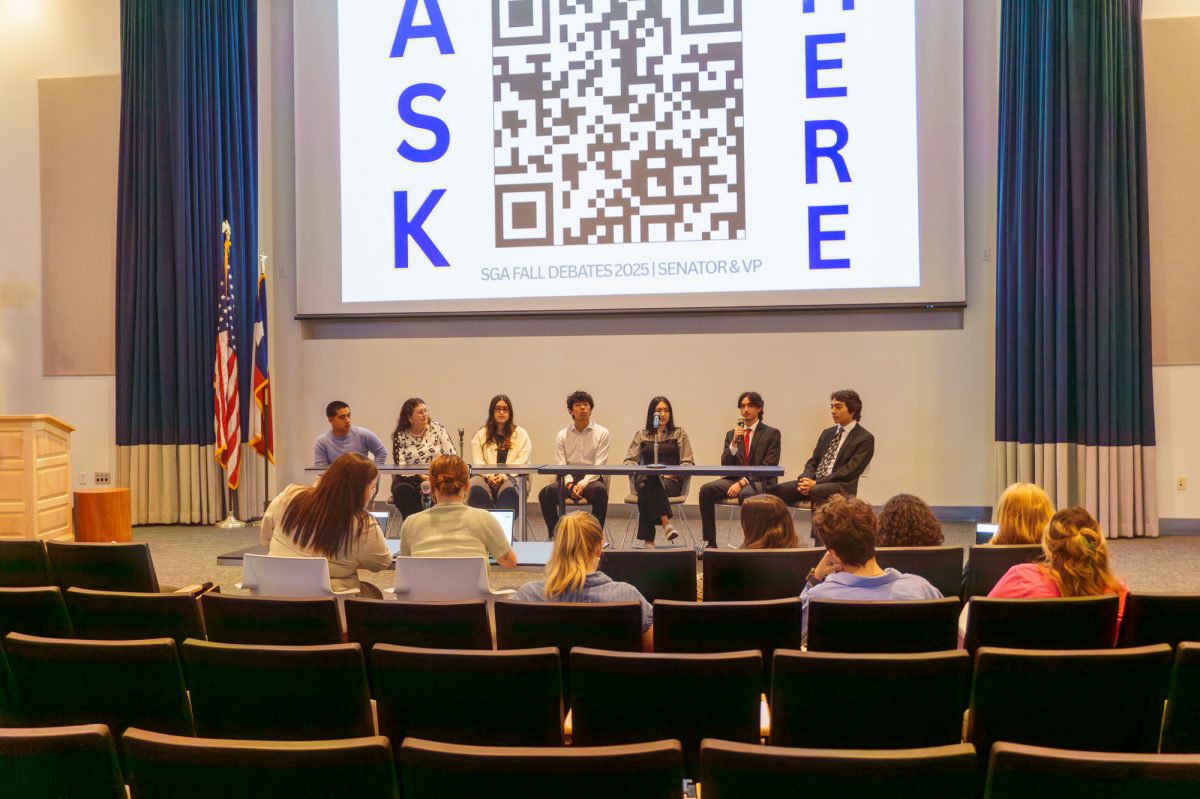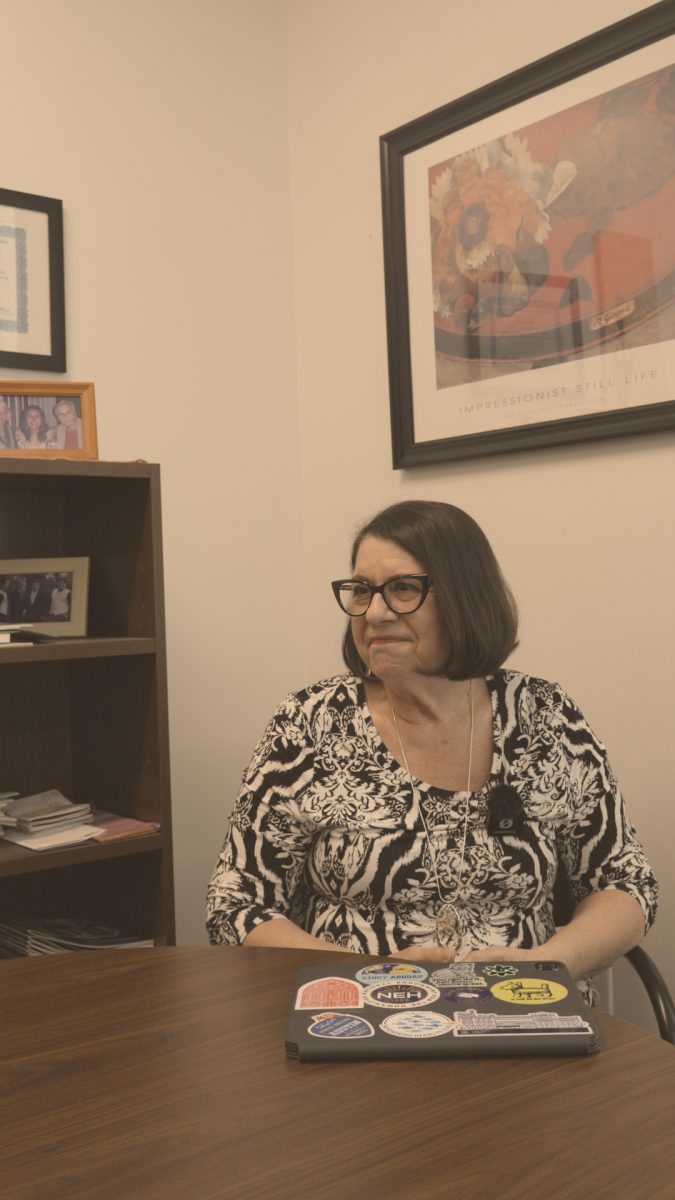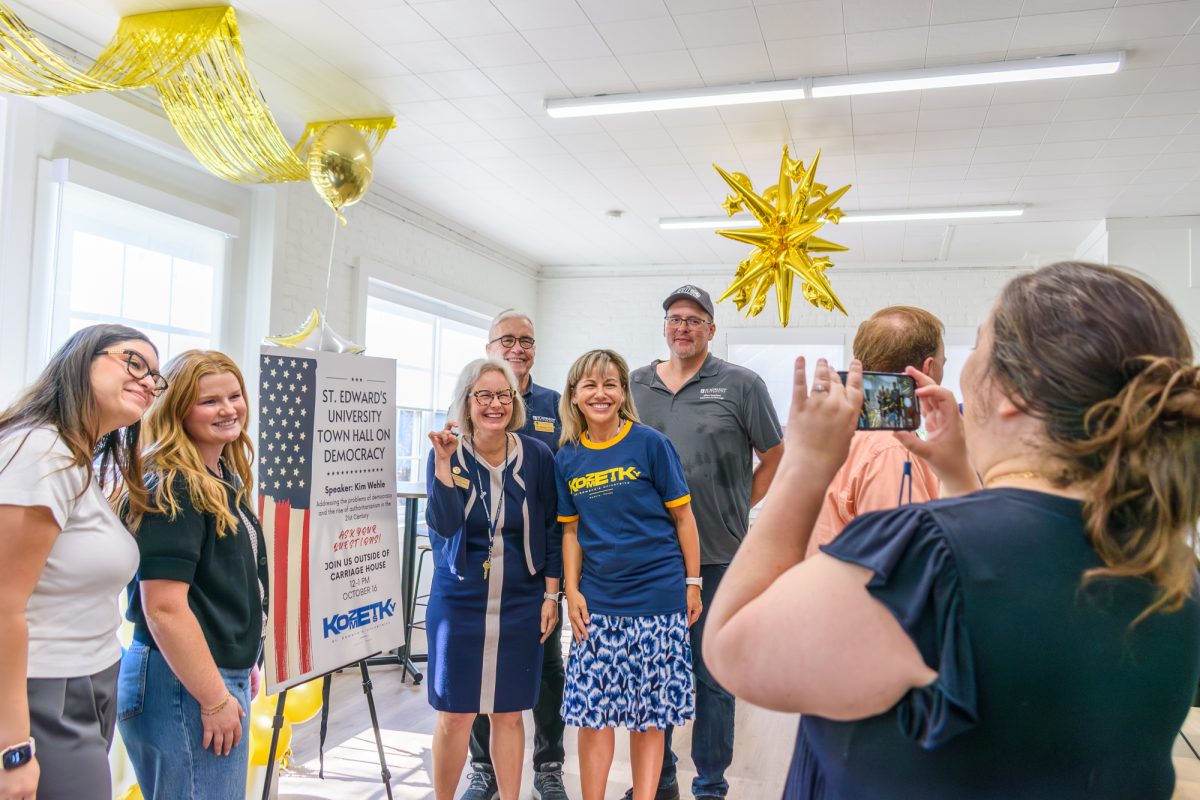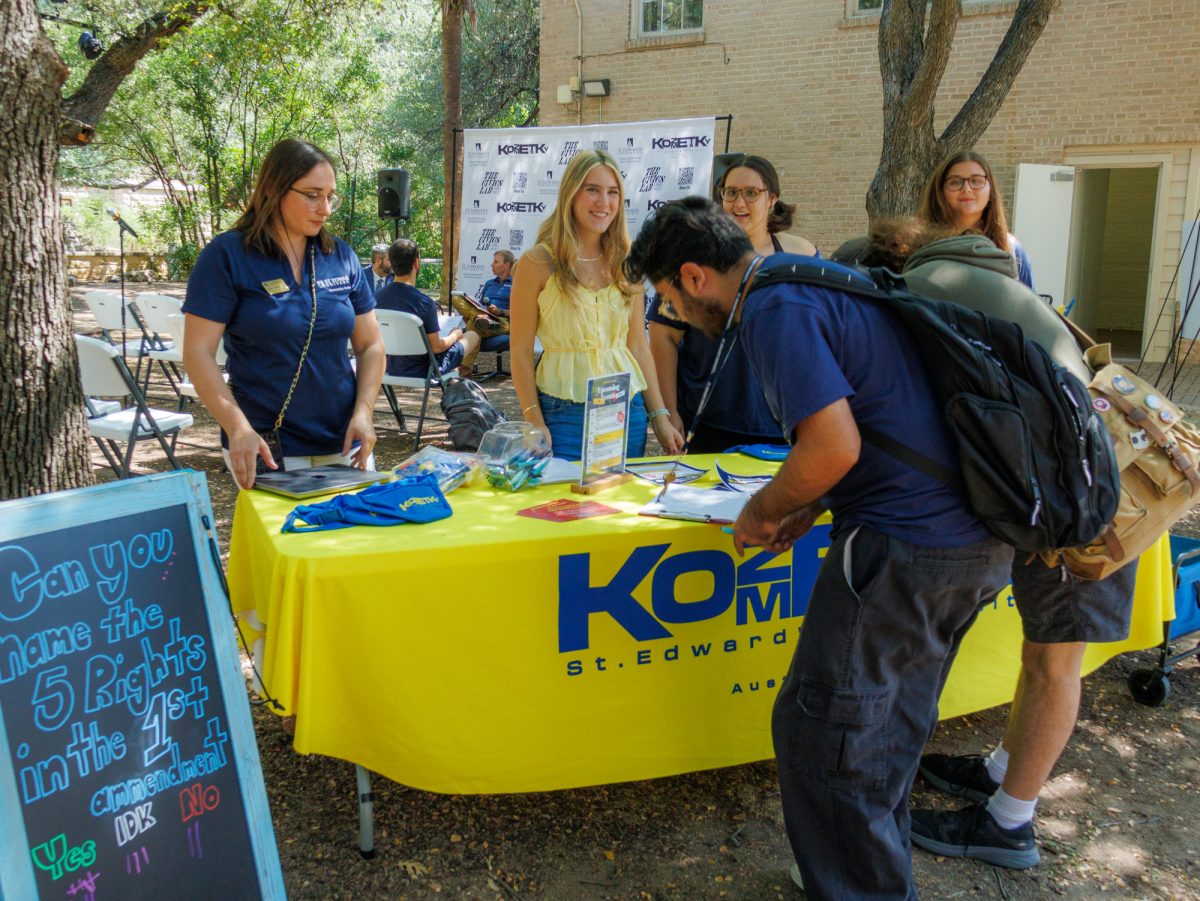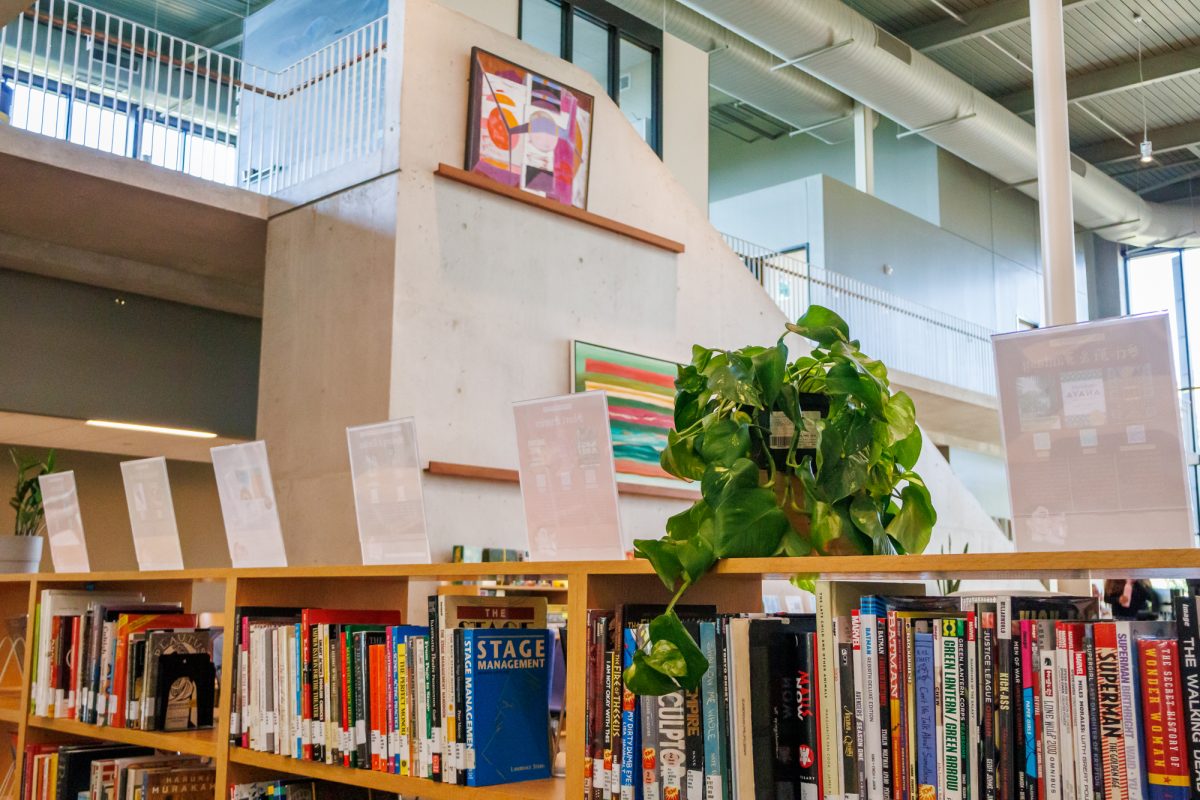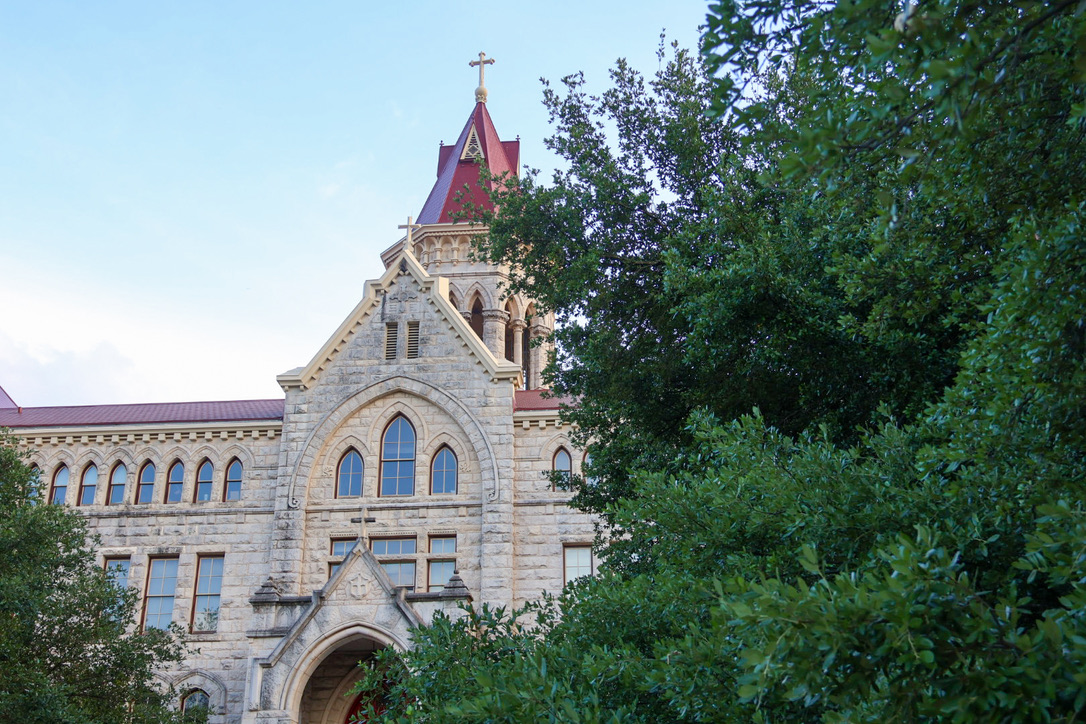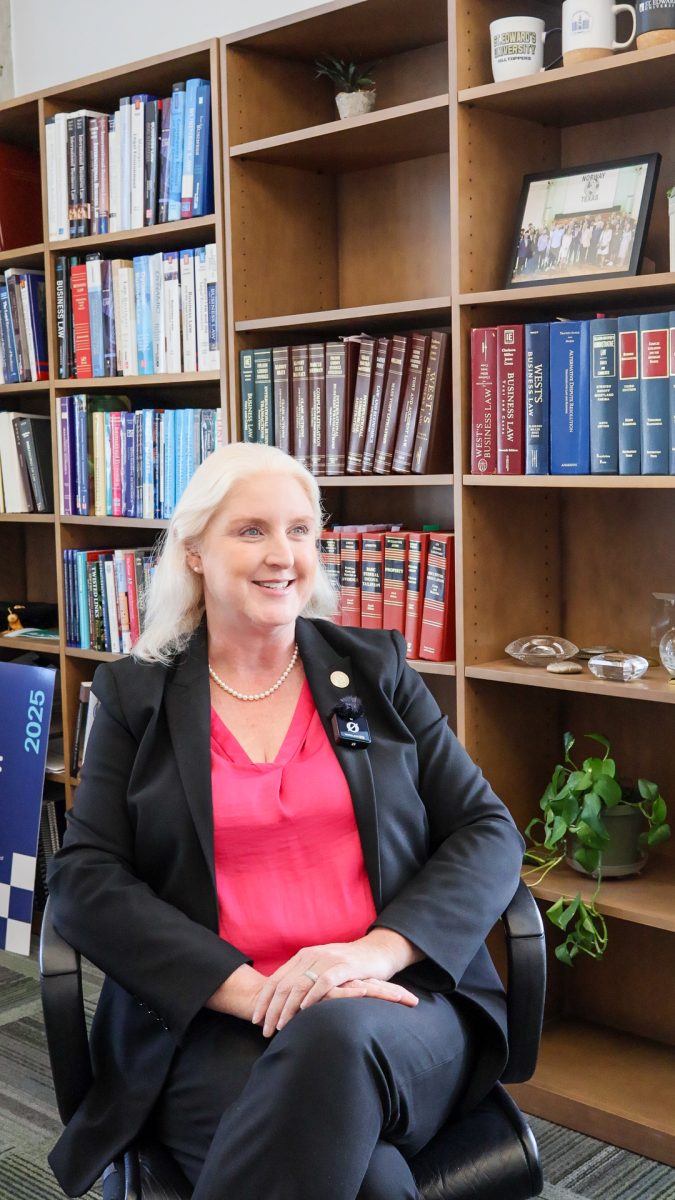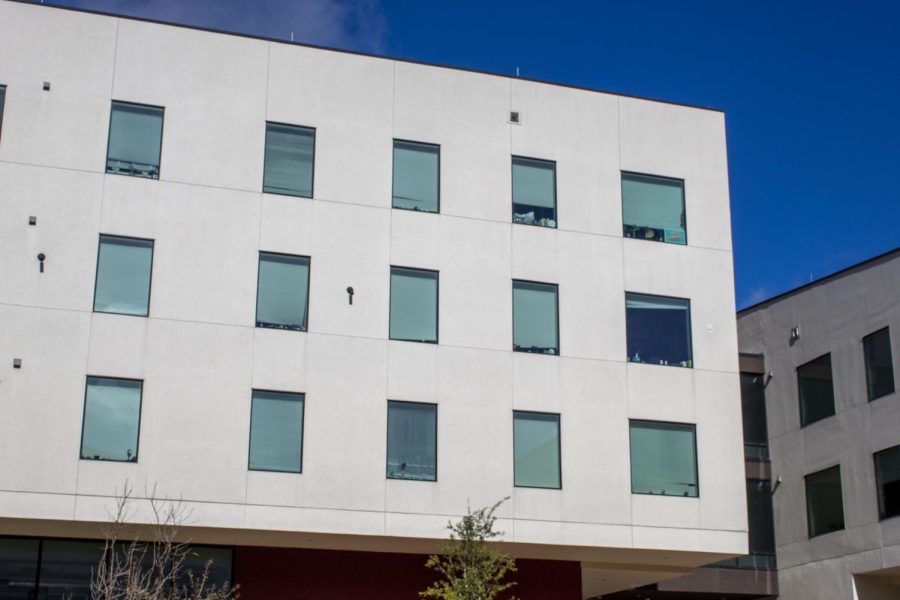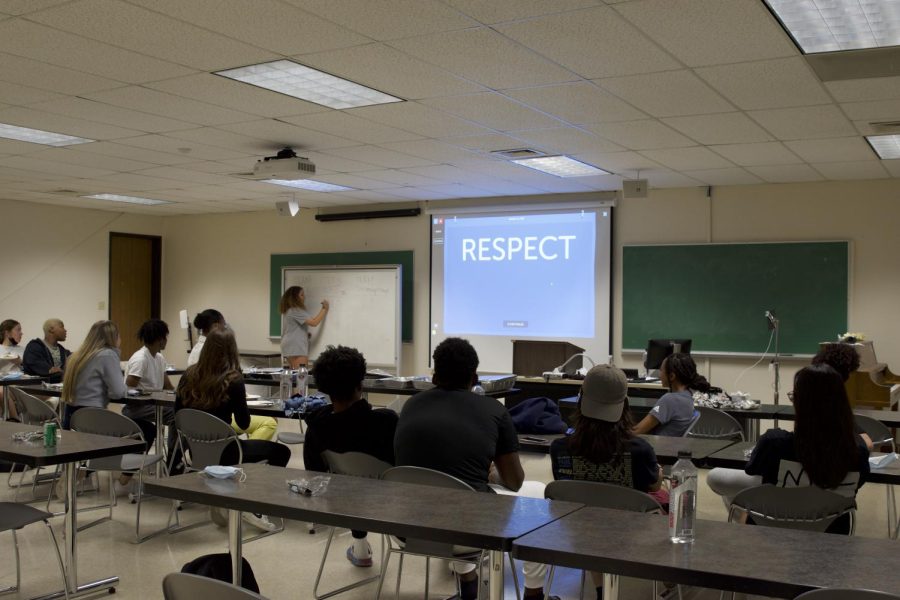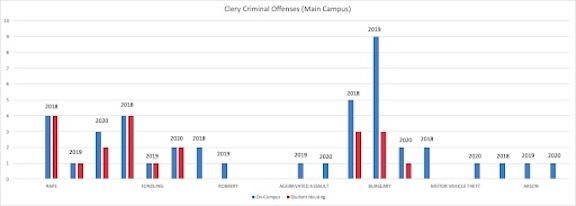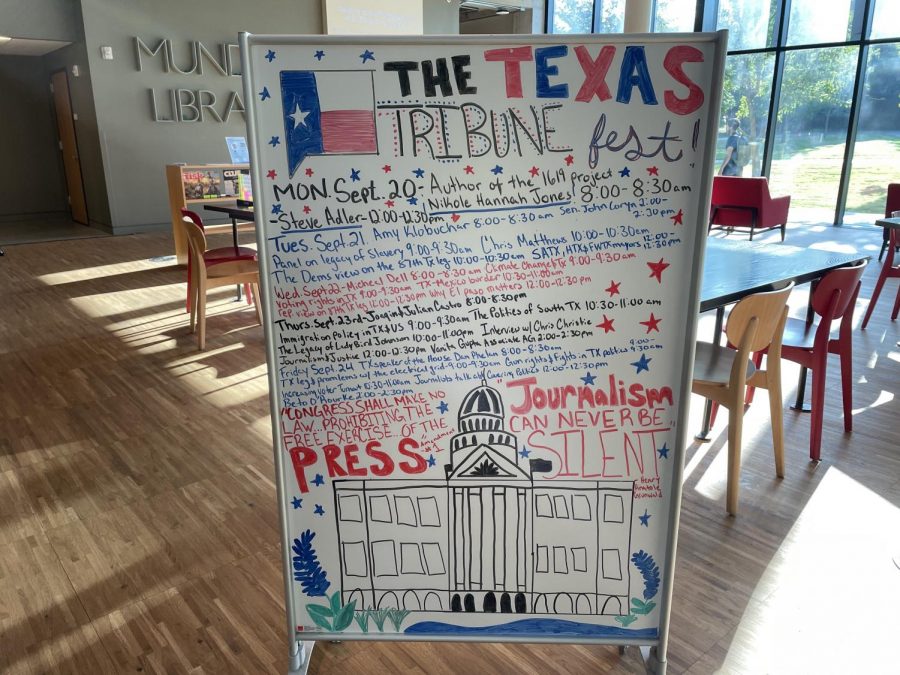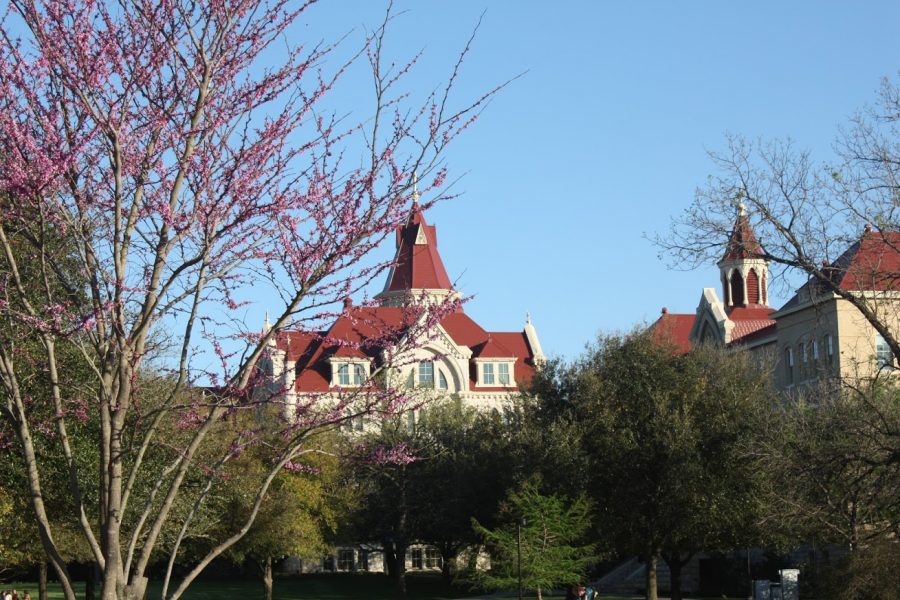St. Edward’s University announced the formation of a new President’s Advisory Council for Belonging and Community (PAC), a new initiative aimed at strengthening campus culture and rebuilding trust.
Co-chaired by English Professor Alex Barron and Student Involvement Director Cary Mays, the 14-member council includes students, staff and faculty and is designed to serve as a hub for “listening, dialogue and action.”
According to an email from university President Montserrat Fuentes, the PAC builds on the work of the Inclusive Symbols and Actions Task Force, which previously launched initiatives like the Chosen Name Process and R.I.C.H. housing pilot a program focused on creating inclusive residential communities centered on Respect, Inclusion, Community, and Holistic support.
“Our ultimate vision is to have belonging and inclusion embedded within the University’s leadership structure as an ongoing priority,” Barron and Mays said in a joint email. “To achieve that sustainable outcome, the university recognized the need to continue the work of the previous task force.”
The council will meet monthly with senior leadership, including the University’s president, Provost Marianne Ward-Peradoza and Vice President Lisa Kirkpatrick. Meeting notes will be shared with students to encourage transparency and feedback, and the council will undergo annual evaluations.
The announcement of PAC followed a governance assessment conducted by an external consultant, which included interviews and surveys with students, faculty and staff. In a letter to the community on Sept. 12, board Chair Linus Akanoh referenced the findings, citing a “low-trust environment” and calling for renewed efforts to strengthen transparency and inclusion across campus.
Barron and Mays emphasized that defining “belonging” will be a collaborative process.
“We will work towards a campus where everyone feels valued, supported, and genuinely part of the St. Edward’s Community,” the co-chairs said. “That starts with listening to what belonging means to students, faculty, and staff themselves.” Progress will be measured through the success of council-led projects and how effectively they foster a sense of community.
In its early stages, the PAC will focus on identifying the most pressing belonging and inclusion needs across campus.
“Once our council begins meeting regularly, we’ll work together to gather community feedback and identify our next priority areas,” the co-chairs said.
Student voices will play a role in shaping the council’s work. Four students serve on the PAC, representing diverse communities and perspectives. “We also have a feedback form that’s open to all, and we hope to hear from students that way too,” Barron and Mays said.
Student engagement currently happens through the four student representatives on the council and a public feedback form available on the university’s website.
As the PAC begins its first semester, its work will unfold through regular meetings, community feedback and collaboration across campus. With a structure in place and leadership committed to transparency, the council’s progress will become clearer as its initiatives take shape and its impact is felt throughout the university community.

